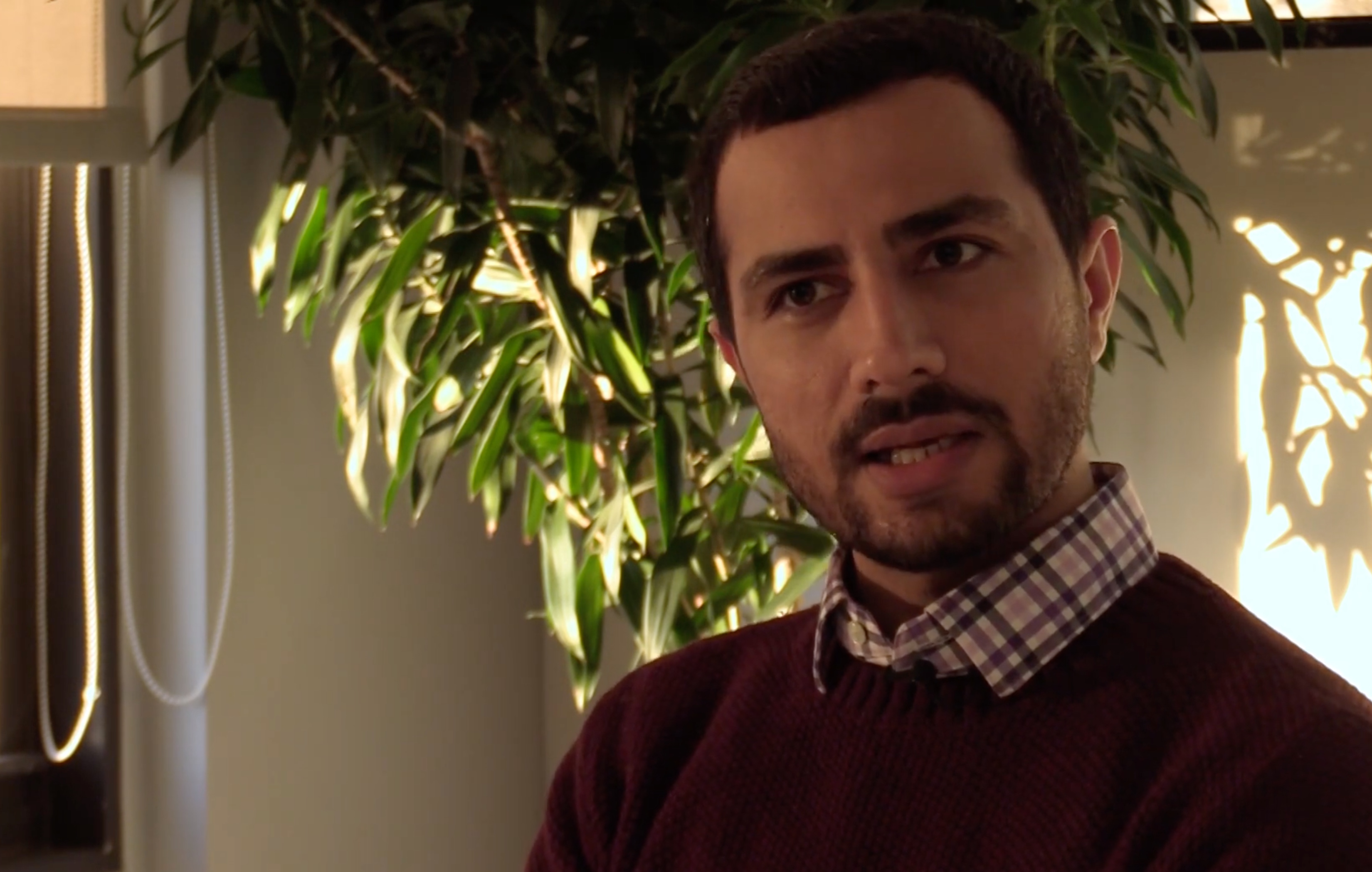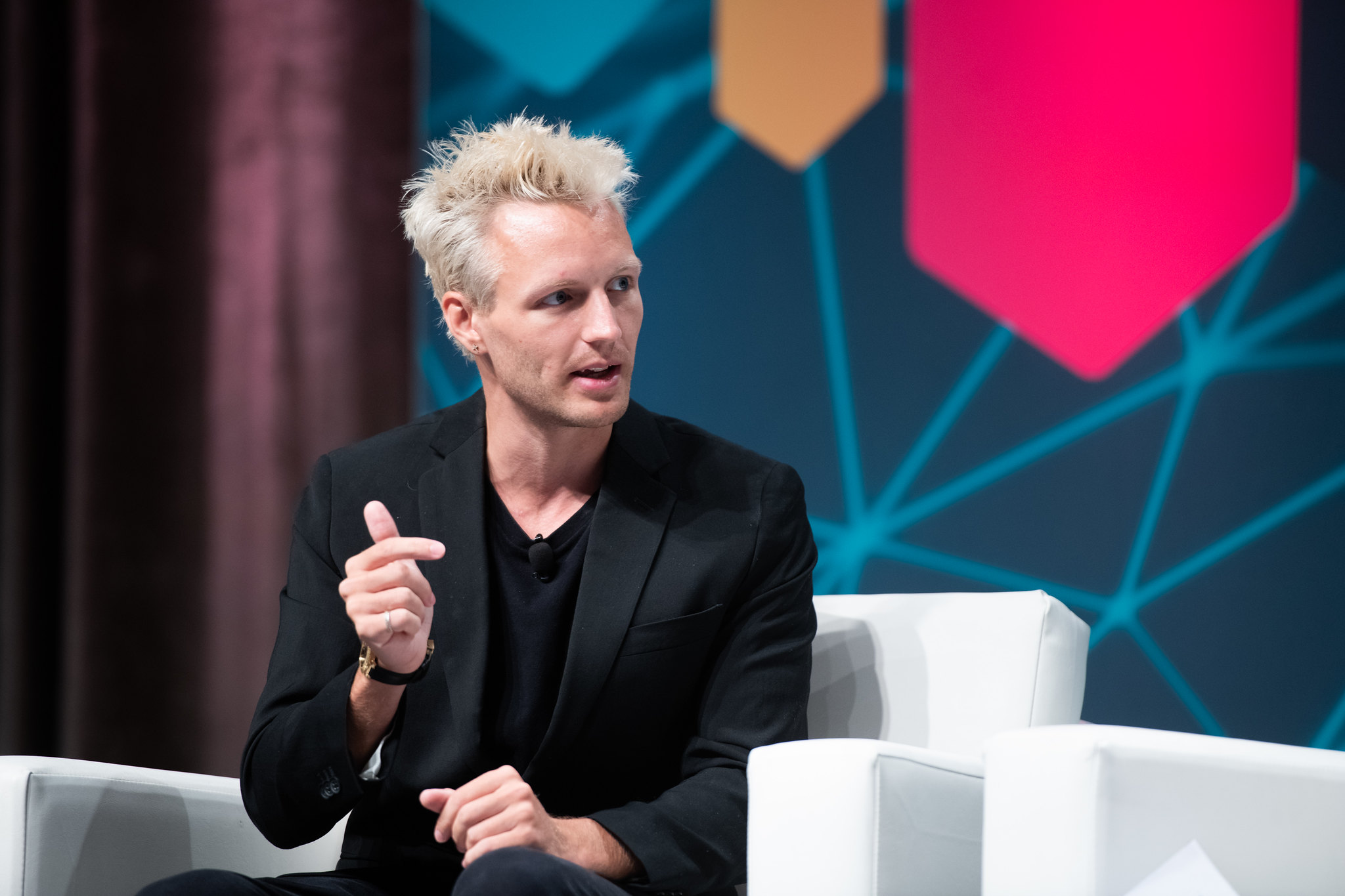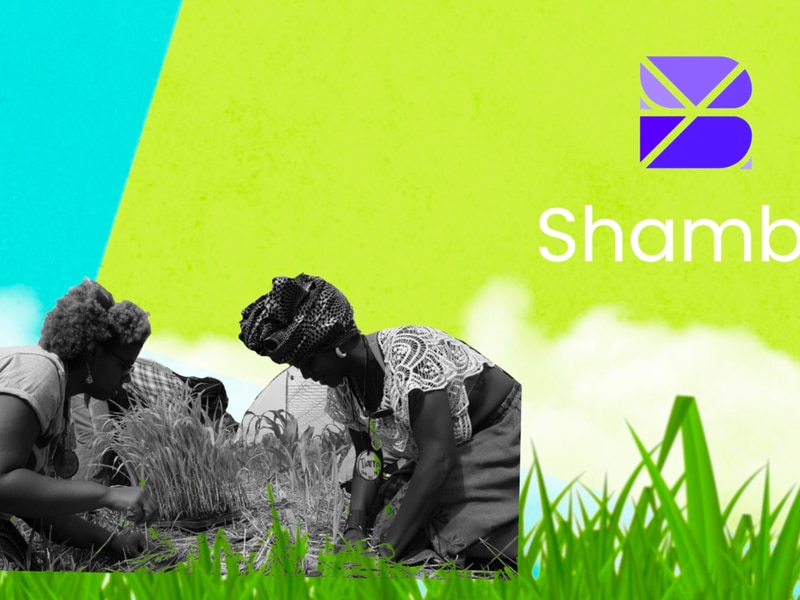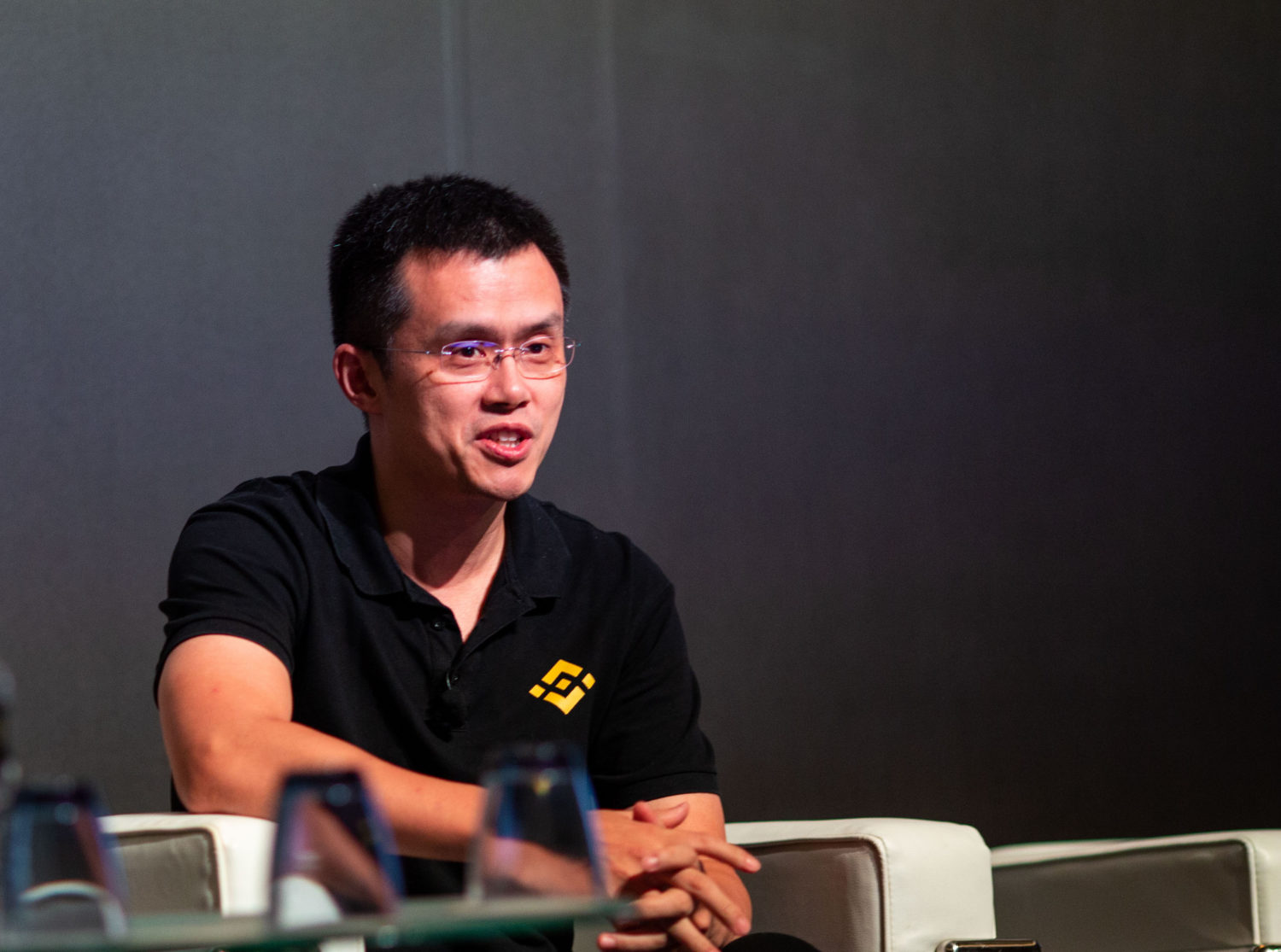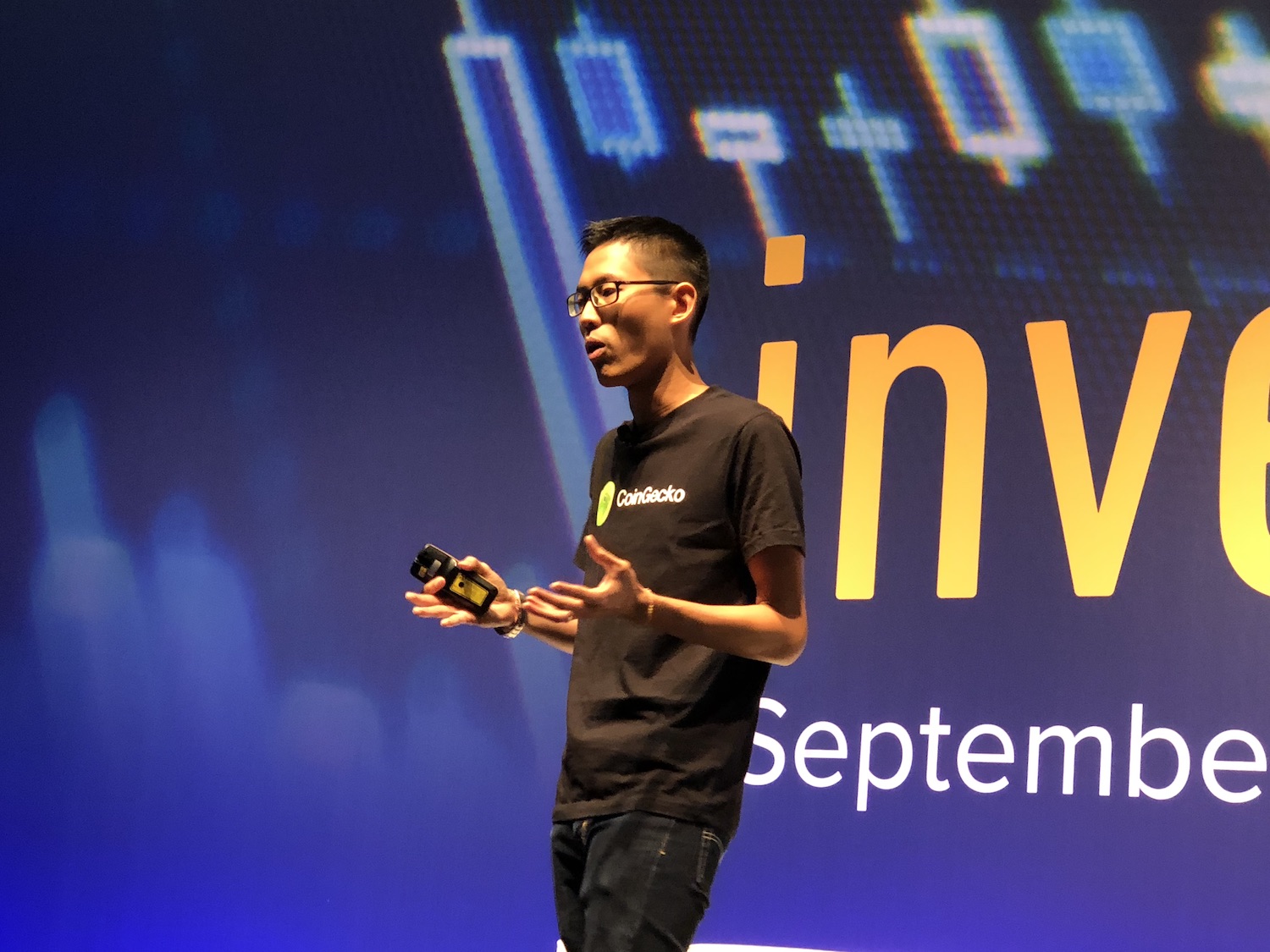Tokenization News Roundup: Resource Extraction, Social Media Monetization and Real World Connections
What will crypto’s critics say if tokenization takes off? Tokenization is the process of using blockchains to represent the monetary value of other assets, whether those are as immaterial as crypto or as real as a house. Beginning with bitcoin, cryptocurrencies have long been mocked for lacking intrinsic value, actual cash flows and a connection to reality. Yet every week there are more stories showing how blockchain is being put to work making actual assets more tradable and transparent through tokenization.
This is the latest weekly installment of the Tokenization News Roundup covering everything from crypto credit incumbent Maple’s relaunch on Solana to the latest research on the effects of tokenizing social media activity.
The Story: Pendle Finance, a yield-generation decentralized finance platform that launched last November, is expanding into real-world assets (RWA) with a suite of tools that enable users to properly hedge existing RWA DeFi platforms that earn interest from the real world. The protocol will tap two preeminent DeFi systems with links to traditional finance – MakerDao’s boosted Savings (sDAI) and Flux Finance’s fUSDC stablecoin – for the new product.
The Takeaway: Pendle CEO TN Lee summed up the move: “Fixed Yield and RWA have some of the largest addressable markets that remain untapped in DeFi. I firmly believe these will play a key role in attracting huge, off-chain institutional investors on-chain.” In other words, there is already a semi-established base of RWA-geared crypto projects that makes expansion for the rest of the sector to build more advanced systems like derivatives, swaps and fixed income security products. And this is only possible because blockchain systems are interoperable.
The Story: Sector leader Maple Finance, an on-chain credit protocol that has originated at least $2.2 billion in loans, is returning to the blockchain it launched on: Solana. The protocol suspended its on-chain lending pools on Solana and backed away from the chain in January, after getting caught up in the FTX collapse contagion event. The decision to return comes shortly after Maple secured an exemption from the U.S. Securities and Exchange Commission to offer Treasury yields to U.S. investors.
The Takeaway: Maple is seemingly carving out a path forward after getting hit by a wave of defaults, apparently targeting Asia for growth and new customers. If there’s a lesson that could be repeated its that rebirth is as much a process as shedding dead weight and eating losses as sometime recognizing you need a hand up. Founders recently closed a $5 million investment round led by BlockTower Capital and Tioga Capital and secured promises from Solana-based protocols including stablecoin issuer UXD, perpetual swaps protocol Drift and lending protocol Solend to use the relaunched service.
The Story: Want to own a piece of Tesla Inc., Walt Disney Co. and Nvidia Corp. and pay for those stocks in stablecoins like USDC and tether? Dinari, a California-based startup founded in 2021, thinks it found the solution to tokenization — at least for investors outside the U.S. — with its blockchain-powered Dinari Securities Backed Tokens offering. The company issues so-called “dShares” that represent and are backed by actual securities, which are held in trust by Alpaca Securities LLC and Interactive Brokers Group Inc. It is currently applying for a broker-dealer license subject to the Financial Industry Regulatory Authority and seeking status as a “transfer agent” under the U.S. Securities and Exchange Commission. The end goal is to become a fully opening securities exchange.
The Takeaway: There are many startups working to tokenize stocks, an effort complicated by the likes of Sam Bankman-Fried’s FTX and Do Kwon’s Mirror Protocol that were arguably the furthest along before both came to a screeching halt. But investors including Susquehanna International Group and Balaji Srinivasan think Dinari found a workable plan to re-legitimize the industry. Co-founder Chas Rampenthal summed up the effort best when saying “In order to run, you have to walk, and in order to walk, you have to crawl.”
The Story: Esteemed science journal Nature published a paper all about the coming wave of decentralized social media, or DeSo, and the implications of “tokenizing” user engagements. Authors Meysam Alizadeh, Emma Hoes and Fabrizio Gilardi argue that social media companies like Streemit, Reddit and Twitter are announcing plans to help users monetize their activity, which would bring financial and reputational incentives for engagement that “might lead users to post more objectionable content.”
The Takeaway: The authors ran a social media survey inquiring whether “hypothetical token incentives” would make users more like to share different kinds of news and found that this could increase sharing of misinformation. Previous research specifically about trying to boost “accuracy” on social media through financial or reputational incentives actually decreases peoples’ willingness to share misinformation — but the authors do not seem confident that’s what executives are aiming for. This has policy implications for future content moderation practices, which may bend DeSo in more positive or negative directions.
The Story: Asset tokenization and “smarter” payments are two potential benefits of digitizing Australia’s fiat money, according to a 44-page report detailing conclusions of a recent central bank digital currency pilot program. Together with the Digital Finance Cooperative Research Centre and 16 commercial participants, the RBI found CBDCs can support a range of services not currently possible by existing payment systems. This includes supporting innovation in existing financial markets (like debt securities) as well as the emerging “private digital money” sector.
The Takeaway: While CBDCs are not necessary to achieve all the stated goals, the mostly positive report noted CBDCs could enhance resilience and inclusion in the digital economy. The central bank noted that “programmability,” or the ability to set parameters and uses around money, which is done in crypto using smart contracts, may have serious benefits improving efficiency and reducing risks “in a range of complex business processes.” While central banks may not be tapping blockchain in particular — they certainly seem to be paying attention to monetary innovations that crypto is spearheading.
The Story: The Central African Republic (CAR) will use a state-designed blockchain called Sango to tokenize land and natural resources. Those plans were initially announced in 2022. In late July of 2023, the CAR National Assembly “unanimously approved” a law designed to further digitize the country’s economy, offering a streamlined visa program for foreigners and lighter licensing process for people who want to start real estate, agriculture, forestry and/or natural resource exploitation businesses.
The Takeaway: The CAR has had a wavering stance on crypto after becoming the second country after El Salvador to adopt bitcoin as legal tender and repealing that status early this year. It is also working to replace its primary currency, the Financial Community of Africa franc (FCA), with a cryptocurrency tied to the national Sango blockchain. While plans for a “Crypto Island” metaverse appear to be stalled out, the country;s plunge into tokenizing real-world assets like natural resources could provide a model for others to follow.
Edited by Ben Schiller.


